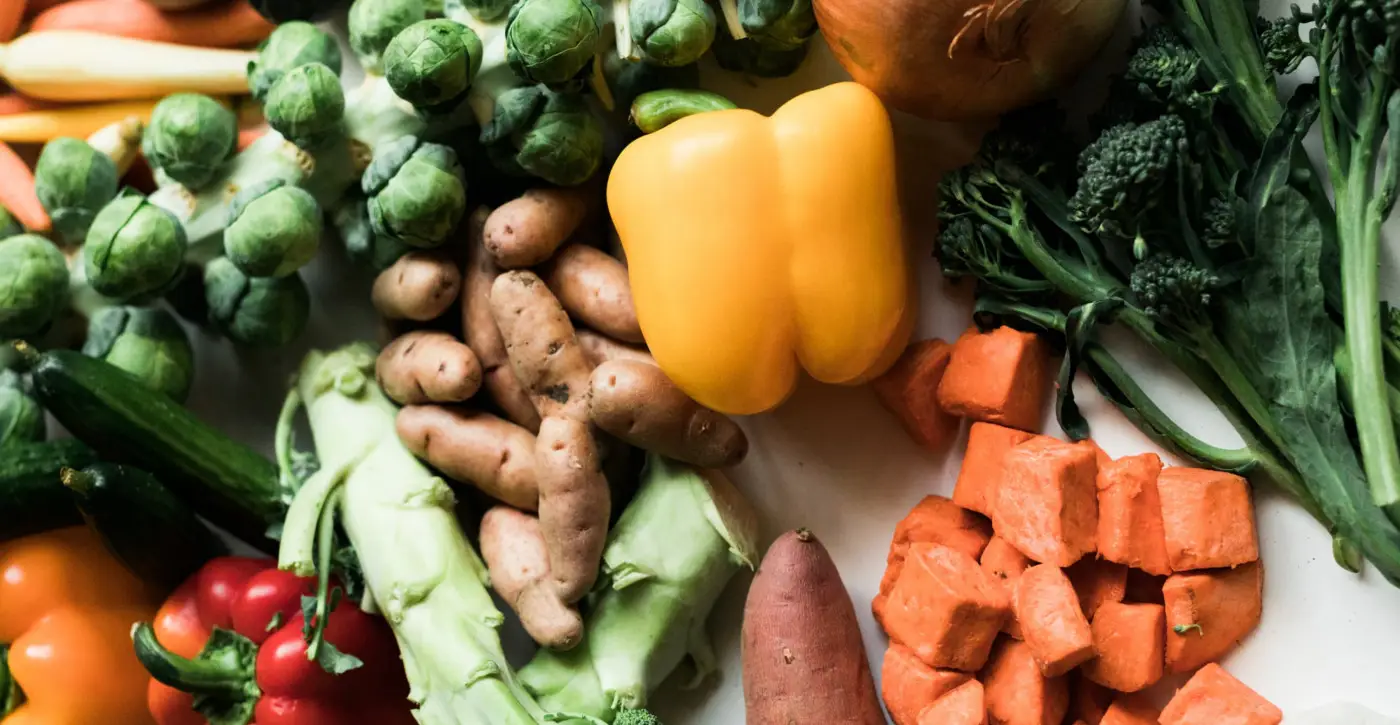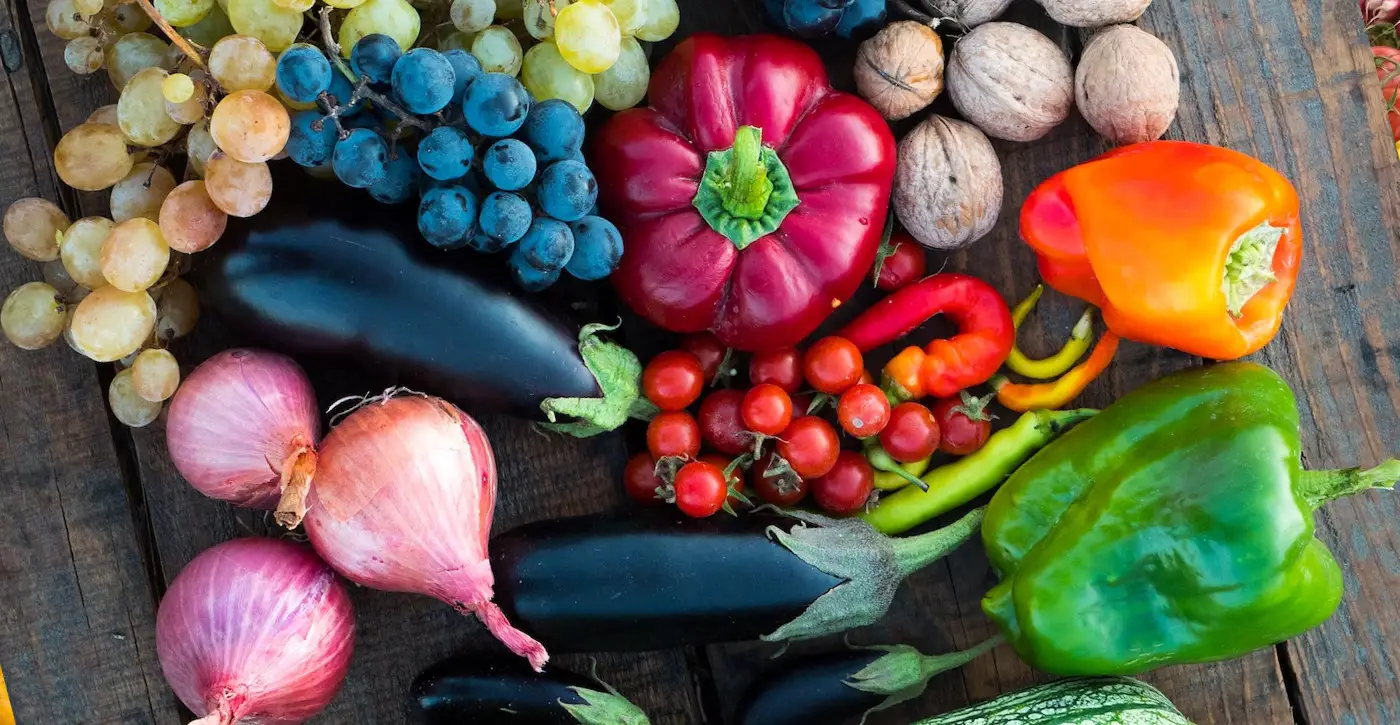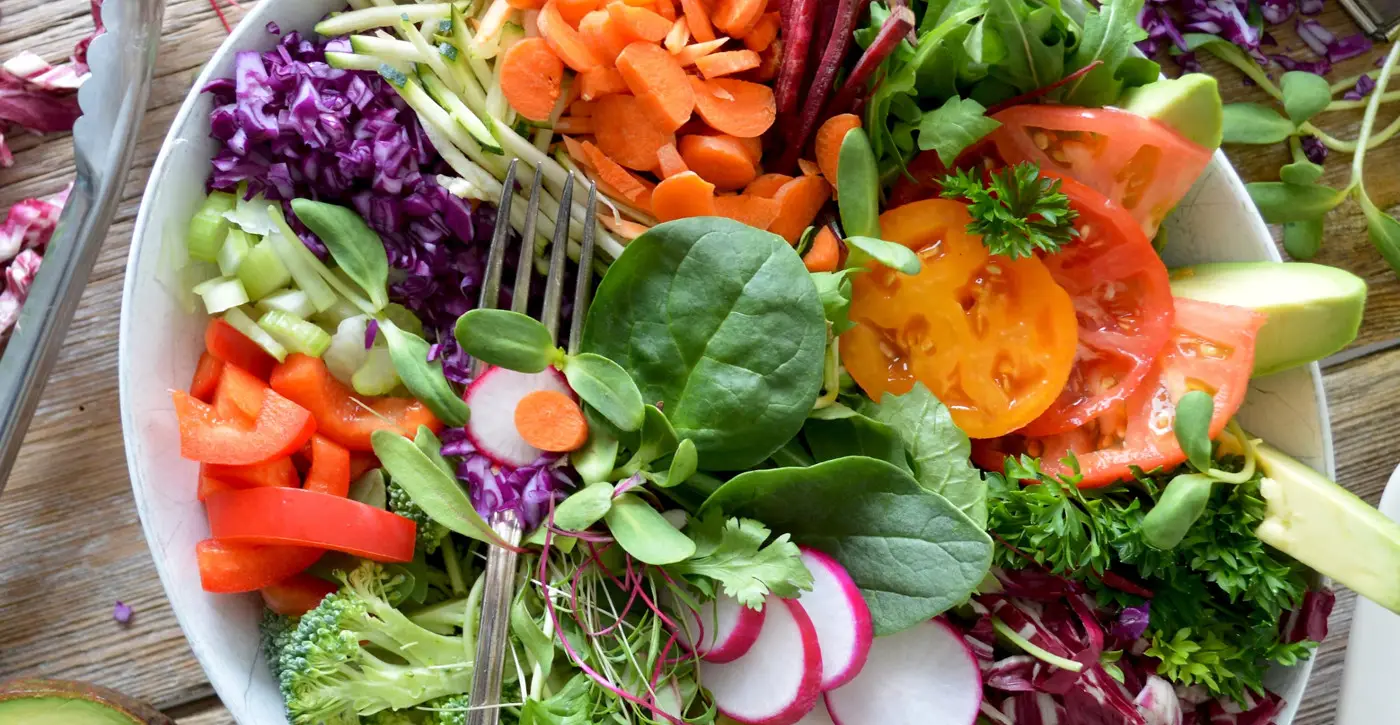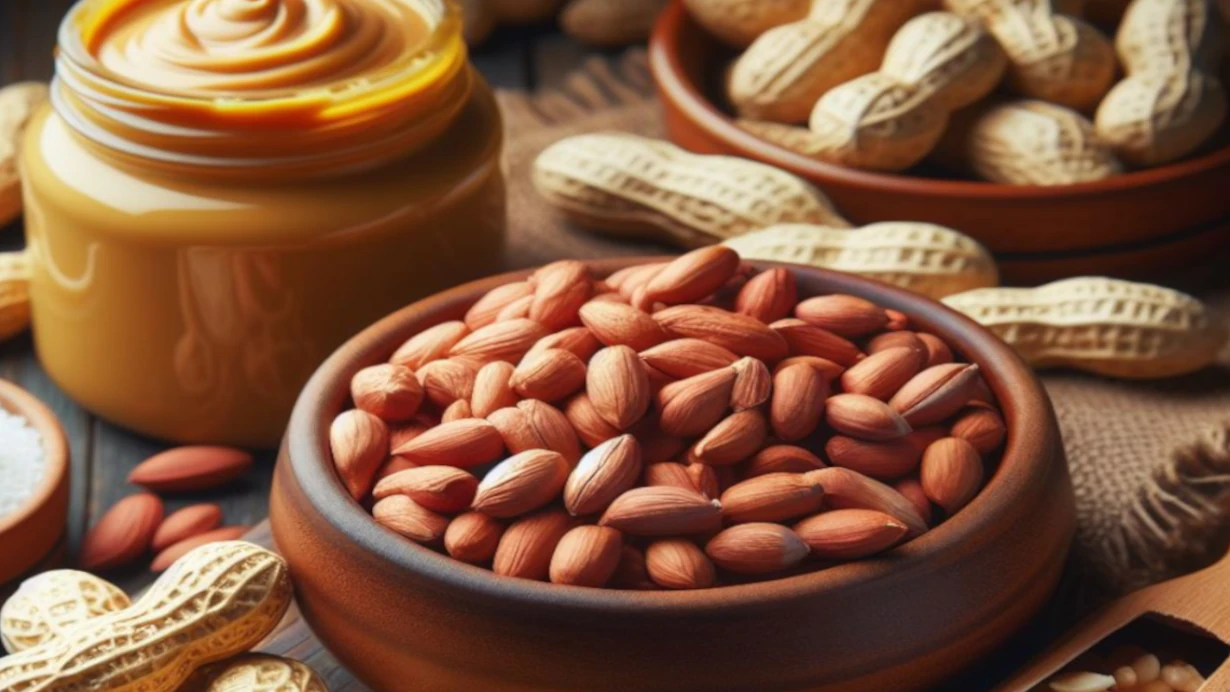Garlic Lysine and Arginine Info Sheet
Overview
Garlic is a bulbous plant that belongs to the onion family. It has a pungent smell and a spicy taste. It is widely used as a seasoning and a medicinal herb.Garlic is one of the most beneficial foods for human health. It contains many compounds that have anti-inflammatory, anti-bacterial, anti-viral, anti-fungal, and anti-cancer effects.
Garlic can help lower cholesterol, blood pressure, and blood sugar levels.
It can also boost immunity, prevent infections, and detoxify the body.
Garlic may also protect against Alzheimer’s disease, osteoporosis, and some cancers.
| Name | Lysine (mg/100g) | Arginine (mg/100g) | Ratio |
|---|---|---|---|
| Garlic | 266.7mg | 633.3mg | 0.421 |
Garlic contains 266.7mg of Lysine and 633.3mg of Arginine per 100g of product.
This means Garlic has a low Lysine-Arginine ratio of 0.421.
Because Garlic contains much higher levels of arginine than lysine, limiting its consumption is recommended by people who suffer from herpes, as it may trigger outbreaks.
Lysine Considerations
Garlic is a good source of lysine, as it provides about 37% of the RDI per 100 grams.
Lysine is an essential amino acid that is important for protein synthesis, collagen formation, and immune function.
Lysine can also help prevent or treat herpes infections, as it inhibits the growth of the herpes simplex virus.
People who eat garlic regularly can get enough lysine from their diet.
Lysine can help prevent or treat cold sores, which are blisters caused by the virus HSV-1, also known as herpes.
Lysine works by blocking the growth of HSV-1, which needs another amino acid called arginine to multiply and infect cells.
Lysine can only be obtained through diet, and can be found in multiple high-protein foods like dairy products, fish, eggs, meat and poultry.
Arginine Considerations
Garlic is a good source of arginine, as it provides about 140% of the RDI per 100 grams.
Arginine is a semi-essential amino acid that is involved in nitric oxide production, wound healing, and immune response.
Arginine may also have some benefits for cardiovascular health, erectile dysfunction, and exercise performance.
However, people with herpes infections should limit their intake of arginine, as it may trigger or worsen outbreaks.
Arginine has multiple benefits for our health and performance, such as lowering blood pressure, enhancing wound healing, and increasing exercise endurance.
Arginine can also affect the herpes virus, which causes cold sores and genital herpes.
Studies suggest that arginine may help the virus grow and cause outbreaks, so people with herpes may want to avoid foods that are high in arginine or take lysine supplements to block its effects.
Lysine-Arginine Ratio
Garlic has a low lysine-arginine ratio, which means it has more arginine than lysine.
This may be beneficial for some people, such as those with high blood pressure, poor circulation, or erectile dysfunction.
However, it may be harmful for others, such as those with herpes infections, as it may increase the risk of viral replication and outbreaks.
People who eat garlic should balance their diet with foods that have a higher lysine-arginine ratio, such as dairy, eggs, fish, or soy.
Both lysine and arginine play crucial roles in protein synthesis and other metabolic activities.
Interestingly, they have contrasting effects on the herpes simplex virus, which is responsible for cold sores and genital herpes.
Lysine can prevent the virus's ability to replicate, while arginine can promote it.
Consequently, consuming foods with a high lysine to arginine ratio may help decrease the frequency and severity of herpes flare-ups.
Foods with a high lysine-arginine ratio include dairy products, fish, poultry, fruits, and vegetables.
These foods can supply the body with sufficient lysine to block the virus's uptake of arginine, thereby preventing its growth and spread.
Dietary Considerations
Most vegetables are scarce in in calories and a decent source of in vitamins, minerals, and antioxidants.
Many vegetables have more lysine than arginine, such as beets, turnips, tomatoes, soybean sprouts, potatoes, celery, sweet potatoes, squash, and green beans.
These vegetables can help prevent or treat herpes outbreaks, as lysine can suppress the herpes virus.
Other vegetables have more arginine than lysine, such as peas, carrots, broccoli, cauliflower, and mushrooms.
These vegetables can still be consumed in moderation, as they have other health benefits.

For example:
A diverse and nutritious diet that supports your immune system and fights inflammation is essential.
This means you should eat lots of fruits, vegetables, whole grains, lean protein, and healthy fats, and steer clear of processed foods, added sugars, alcohol, and caffeine, which can harm your health.
Avoid alcoholic beverages and caffeine which can overstimulate your body, leave you dehydrated, and compromise your immune system.L-lysine supplementscan help you prevent herpes outbreaks and stop a cold sore before it develops by depriving the virus of arginine, which it needs to form a cold sore.
Other food supplements, such as vitamin C, zinc, selenium, and antioxidants, can help you boost your immunity and protect your cells from oxidative stress.
Eating foods that can soothe your symptoms and speed up your healing process, such as honey, yogurt, aloe vera, and chamomile.
These foods have anti-inflammatory, antiviral, and antibacterial properties that can reduce pain, swelling, and itching, and promote tissue repair.
Check more food information






